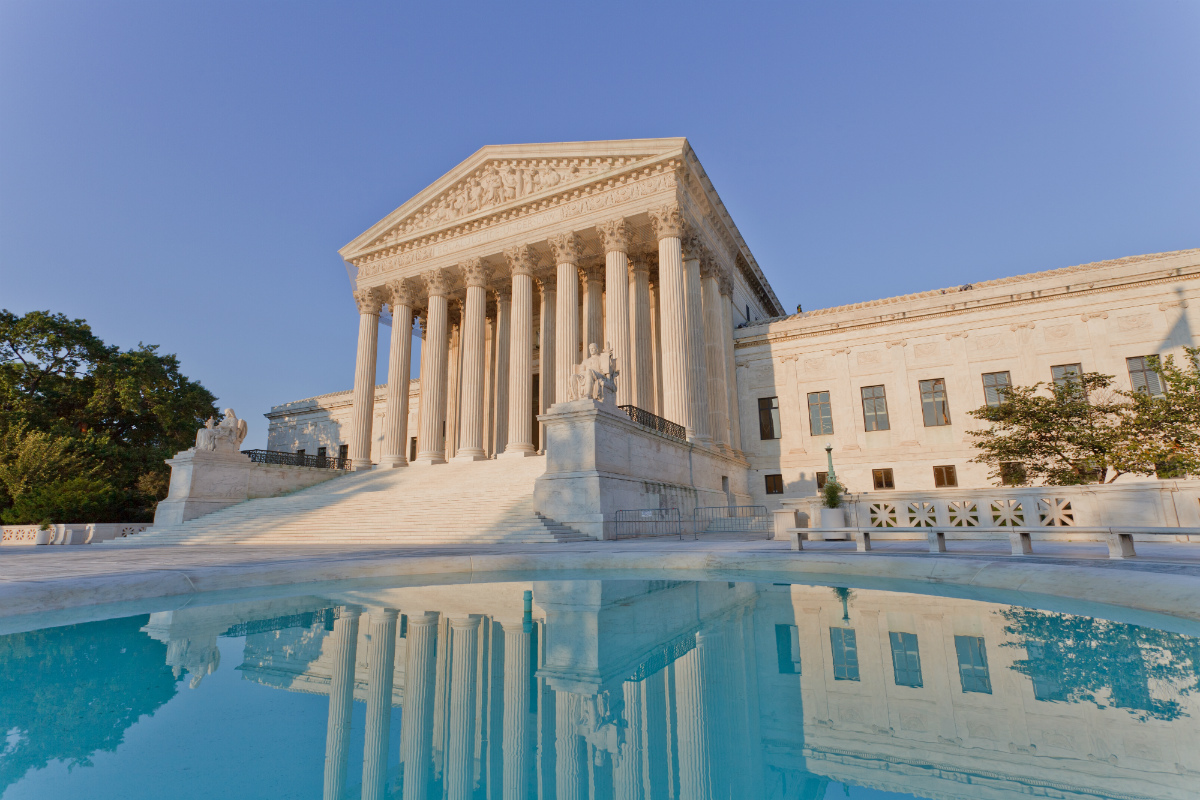The Supreme Court ruled on June 21 that restricting the limitation of Maine’s tuition assistance program to only “nonsectarian” schools violated the Free Exercise Clause of the United States Constitution.
In the case of Carson v. Makin, the Court ruled that parents could not be prohibited from choosing to enroll their child in a private religious school under the state’s tuition assistance program. In Maine, because less than half of the school districts offer secondary education, the state created a funding program to ensure students continue to receive a free public education after elementary school by providing tuition assistance to parents who choose to send their children to private schools. To receive tuition assistance directly from the state, whether the selected school is located in Maine or not, the school must meet established criteria, including that the school be “nonsectarian” or not religious. Two Maine families challenged this criterion as unconstitutional.
The Court agreed with the two families and compared Maine’s program to a Missouri grant program involving recycled playground surfaces, and a tax credit and scholarship program in Montana. In those cases, the Court found that the religious nature of the church in Missouri and schools in Montana could not limit the applicability of the program benefits to those organizations. Here, the Court found that Maine cannot provide funds for “tuition for certain students at private schools — so long as the schools are not religious. That is discrimination against religion.” (Emphasis added.) According to the Court, a state may choose not to subsidize private education but once it does, it may not disqualify some private schools because they are religious. Consequently, when no other public schools are available and state funds are provided for the education of families who choose private, non-religious schools, they must also be provided to the families who choose private, religious schools.
On June 27, the Court issued its opinion in another free speech and free exercise of religion case, Kennedy v. Bremerton School District, a case for which CSBA’s Education Legal Alliance submitted an amicus brief. The Court overruled Lemon v. Kurtzman (1971) and overturned the Ninth Circuit holding in favor of a coach who engaged in prayer after games on the football field. The Court’s ruling in Bremerton will be discussed in more detail by CSBA later this week.




